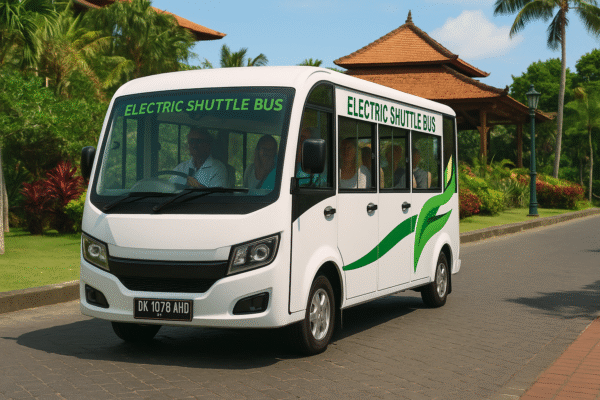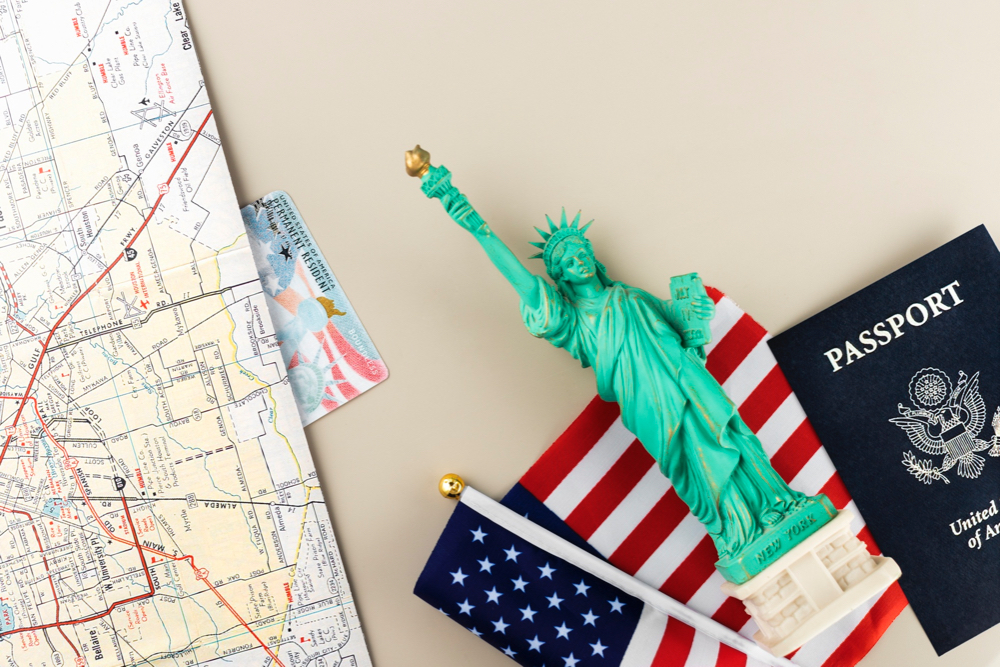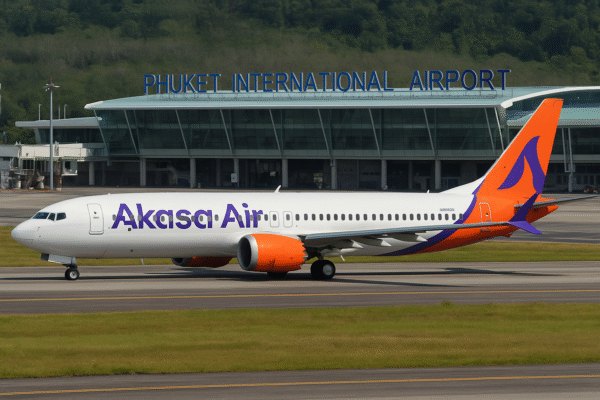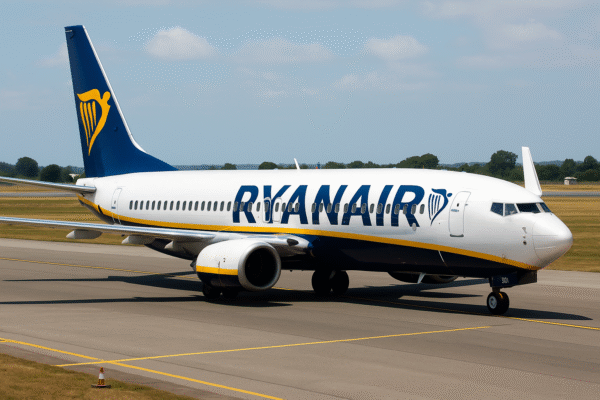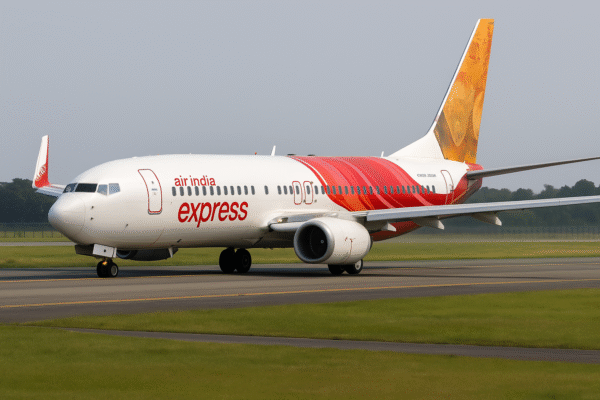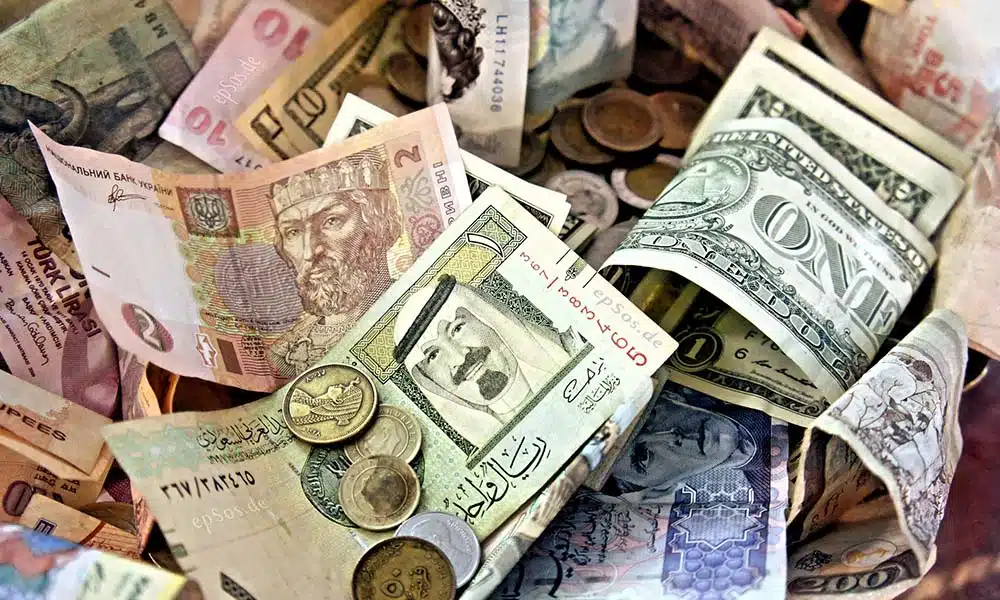UK Holidaymakers Lose Millions to Hidden Fees Abroad: Smart Money Moves to Protect Your Travel Budget
As the peak summer travel season kicks off, thousands of British holidaymakers are packing their bags for sun-drenched escapes overseas. Yet, while flights, hotels, and tours are carefully planned, one critical detail is often overlooked—foreign currency management. New research reveals that UK travellers lost an estimated £2.5 million in hidden foreign exchange fees last year alone, with the most significant losses tied to debit card transactions, ATM withdrawals, and poor airport currency exchange rates.
These losses are avoidable. By planning ahead and using smarter travel money solutions, UK tourists can save hundreds of pounds this summer and ensure their budgets are spent on experiences—not on unnecessary charges.
The Hidden Danger of Non-Sterling Transaction Fees
Many holidaymakers continue to use their standard bank debit cards abroad, unaware of the hidden costs that come with every transaction in a foreign currency. Most high street bank cards carry a non-sterling transaction fee of 2.5–3% per payment or withdrawal. These silent deductions quickly stack up.
A single family holiday to Europe involving dining, shopping, sightseeing, and transport can result in more than £100 lostto fees before travellers even realise. While this might appear minor per transaction, over millions of trips, the impact on British wallets is substantial.
Best Fee-Free Travel Cards for UK Tourists
The good news is that several UK banks now offer fee-free debit cards designed for international spending. Monzo, Starling Bank, Chase UK, Lloyds, First Direct, and Nationwide are among the brands offering overseas spending without additional charges. These cards offer daily exchange rates set by Visa or Mastercard, ensuring transparency.
However, these exchange rates can still carry a small buffer to offset currency fluctuations, meaning travellers may not get the exact live market rate.
To maximise savings, some experts recommend specialist travel cards such as:
- Wise (formerly TransferWise) – Offers real-time exchange rates and low conversion fees
- Revolut – Includes live FX rates and fee-free ATM limits
- Currensea – Connects to your regular bank account but applies minimal charges when spending abroad
These cards typically offer exchange rates up to 3% better than major banks and even outperform traditional fee-free debit cards.
Don’t Exchange Money at the Airport
One of the most common and costly mistakes made by UK travellers is exchanging cash at airport currency desks. According to research by FairFX, almost 27% of holidaymakers still exchange money at airports despite being offered some of the worst rates and highest commission fees in the market.
Airport kiosks often charge up to 10% in hidden margins, meaning for every £500 exchanged, travellers may lose £50 or more. A better alternative is to:
- Order currency in advance from reputable providers like the Post Office, Tesco Bank, or online FX specialists
- Use a fee-free travel card to withdraw cash from local ATMs abroad
- Exchange currency online and pick it up in-store at competitive pre-booked rates
Prepaid Travel Cards: Convenience with Caution
Prepaid foreign currency cards—such as those from Travelex, Sainsbury’s Bank, Mastercard, or the Post Office—allow travellers to lock in an exchange rate before departure. These cards offer chip-and-PIN access and budgeting control, especially helpful for families with teenagers.
However, travellers should be aware of these limitations:
- Leftover balances are difficult to recover without paying high withdrawal or inactivity fees
- Many cards expire after 12 months of inactivity
- The average unused balance sits at £89 per traveller and up to £109 for those with children, according to a 2024 consumer spending survey
It’s best to only load what you expect to use or choose cards that allow free refunds of unused balances.
Avoid ATM Pitfalls: Limit Small Withdrawals Abroad
Withdrawing foreign cash abroad may seem convenient, but multiple small ATM withdrawals can quickly drain your budget. Many ATMs abroad charge up to £5 per transaction, and if you withdraw small amounts daily, those fees add up.
Instead, consider:
- Withdrawing a larger sum at the start of your trip
- Dividing a daily budget in envelopes or spending apps
- Choosing ATMs inside banks or reputable areas to avoid additional surcharges
Some fee-free cards, such as Starling Bank, also reimburse overseas ATM fees up to a certain limit.
Always Pay in Local Currency
One key travel tip often overlooked is to always pay in the local currency—not British pounds. Whether using a card or withdrawing cash, tourists often get prompted at checkout to pay in GBP through Dynamic Currency Conversion (DCC). It might seem easier, but it’s almost always more expensive.
Merchants or ATM providers apply their own exchange rates—often with margins of up to 6%—leaving you worse off. Choose the local currency to ensure you benefit from your bank or travel card’s rate instead.
Make Your Money Go Further This Summer
With holiday prices rising across Europe, the USA, and the Middle East, managing money while travelling is more important than ever. From Dubai’s shopping malls to Spain’s beach resorts and Switzerland’s alpine trails, hidden foreign exchange fees can spoil even the most well-planned trip.
Smart planning can help travellers save hundreds:
- Use fee-free or specialist travel cards
- Avoid last-minute airport exchanges
- Pay in local currency, not pounds
- Limit ATM withdrawals to fewer, larger amounts
- Watch out for leftover prepaid balances
For more travel news like this, keep reading Global Travel Wire

